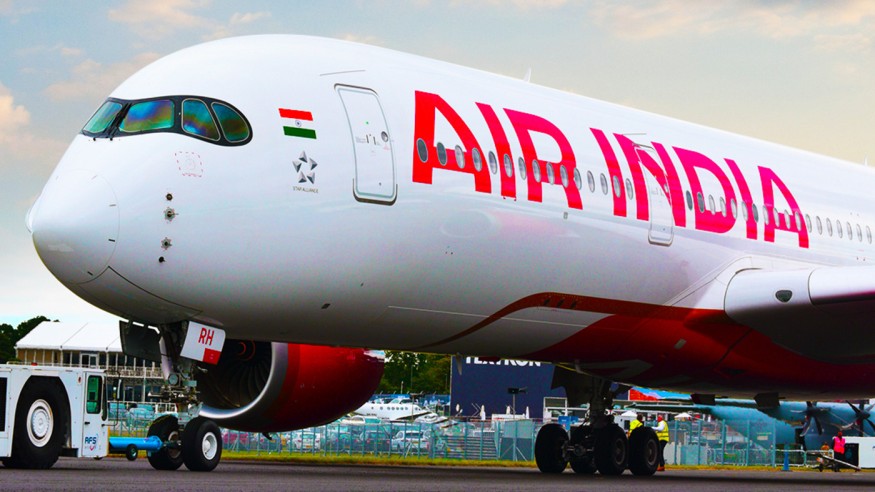
Air India, which is one of India's oldest airlines, has found itself in a deep crisis following a tragic crash and now a major financial plea. The airline is reportedly seeking a lifeline of at least ₹10,000 crore (about US$1.14 billion, approx £860 million) from its owners Tata Sons and Singapore Airlines in order to stabilise operations and rebuild trust following June's devastating accident that claimed more than 240 lives. The plea shows the pressure the airline faces in restoring safety, reputation and financial health all at once.
The deadly Air India crash
In June 2025 a flight operated by Air India crashed shortly after take off from Ahmedabad en route to London Gatwick, reportedly killing at least 240 people onboard and additional victims on the ground as well in a horrific tragedy. As per sources, witnesses said the aircraft appeared to struggle to climb, then impacted near campus buildings at the college hostel area, creating one of India's worst aviation disasters in history. The tragic incident not only caused massive human loss but also severely damaged Air India's standing and led to criticism about its maintenance and operational protocols.
Moreover, the investigations into the crash of Air India Flight 171 which occurred on 12 June 2025 when a Boeing 787 Dreamliner departed from Ahmedabad and crashed shortly thereafter have uncovered shocking findings. A preliminary report from India's Aircraft Accident Investigation Bureau (AAIB) found that just three seconds after liftoff both engine fuel control switches moved from the 'RUN' to the 'CUTOFF' position, cutting off the fuel supply to the engines and causing them to lose thrust. Furthermore, the cockpit voice recorder captured one pilot asking the other why he had done so, and the response was that he did not as per reports.
Furthermore in response, the national regulator, the Directorate General of Civil Aviation (DGCA), ordered a 'one-time check' of take-off parameters on all Air India Boeing 787-8/9 aircraft equipped with GEnx engines and has asked the airline to conduct electronic engine-control tests and engine fuel related checks. The investigation has also focused on whether gear and flaps settings were normal: data and video show the landing gear remained down for longer than typical and flaps may not have been in the expected position for climb.
However, the final causation is still under review and the people of India have been waiting for a definitive response.
Why Air India needs the money
Following the crash, Air India urgently needs to rebuild its internal systems, upgrade maintenance and engineering capabilities, and restore confidence among passengers and regulators. According to reports the proposed funding would support an overhaul of safety systems, cabin upgrades, training programmes and in house engineering and maintenance operations. The fact that the airline's owners, the major one Tata Sons holds about 74.9 per cent and Singapore Airlines who holds the balance are being asked to inject new funds illustrates the scale of the challenge ahead. There remains uncertainty whether the funds will come as an interest-free loan or fresh equity, but what is clear is that without a substantial financial commitment the airline's turnaround ambitions may falter. The initial report was about Air India asking about ₹4000 Cr for losses incurred.
However, critics allegedly argue that granting a large fund infusion before all issues from the crash are fully understood could send the wrong message which is that capital can substitute for accountability. Moreover its reasonable to argue that the airline must first demonstrate that it has addressed key safety and training gaps, improved maintenance and instituted change governance, rather than simply rely on a bailout as such. Furthermore, to taxpayers and stakeholders the optics of handing over billions to a carrier still under investigation can become a major cause for worry.
Originally published on IBTimes UK
This article is copyrighted by IBTimes.co.uk, the business news leader



